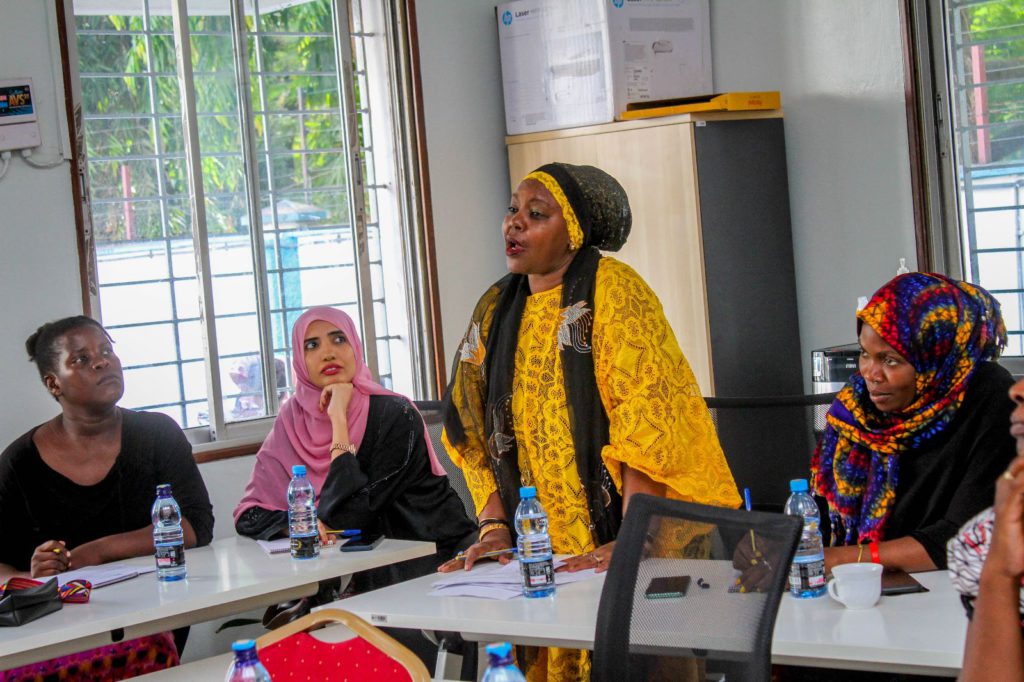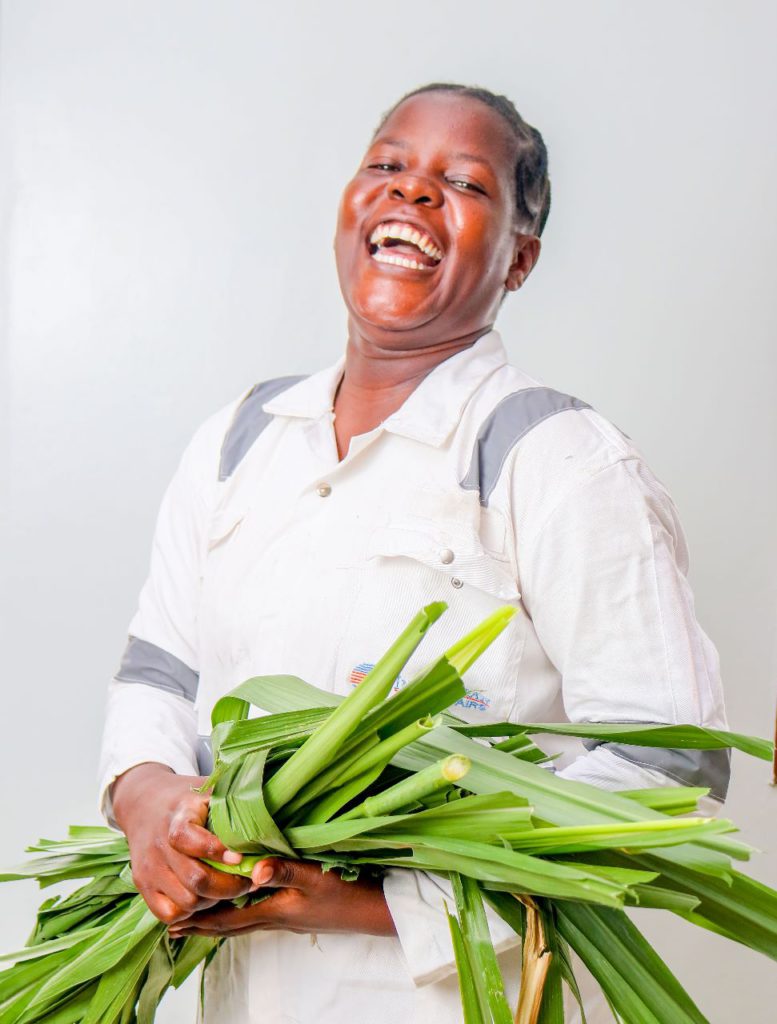
The Women Social Entrepreneurship Institute (WSEI) aims to empower women entrepreneurs in Mombasa, Kenya’s second largest city located in the Coastal region. The initiative is part of a project financed by the French Ministry for Europe and Foreign Affairs that allows a new collaboration between the French and Kenyan Red-Cross National entities. Supported by 21, the Social Innovation Accelerator of the French Red Cross, the WSEI focuses on supporting 25 women in the development of their entrepreneurial project and the scaling of their social impact. Here is how the first edition of the WSEI has been launched and how the beneficiaries were identified.
Understanding the local ecosystem to find the right process
The women beneficiaries have been identified through a unique selection process involving many stakeholders from Mombasa county. This relies on a narrow collaboration between the French Red-Cross and the Innovation Unit of the Kenya Red-Cross.

Far be it from us to copy-paste a methodology that would not fit to the Mombasa context, many efforts were put into connecting with the local ecosystem of supporting entrepreneurs. It was indeed a priority to involve the consortium partner from the beginning, along with local NGOs involved in supporting entrepreneurs in the Coastal region. We also involved sub-county administrators and Community based organisations (CBOs) in order to anchor the program locally and identify beneficiaries beyond our usual radars. A series of info sessions were hosted at the IOME.001, the innovation hub of the Kenya Red-Cross to inform all those stakeholders in the sourcing of beneficiaries and in providing feedback on the program’s design. A list of selection criteria was defined together including dedication of the beneficiary, stage of development (pre-scaling or scaling), understanding level of English and potential for increasing the social impact on communities.
Designing a selection process that adds value at each step
Thanks to the support of all stakeholders in sourcing to potential beneficiaries, more than 130 women joined an in person event hosted at the Kenya Red-Cross Mombasa branch. In order to make each step of the selection process as impactful as possible, this event showcased several testimonies of women entrepreneurs and leaders from Mombasa along with interactions with the public. All participants were able to obtain more information on the WSEI and were given the opportunity to apply online. In person-support was also provided in a spirit of inclusivity towards beneficiaries facing lack of digital skills or material.
Among the 95 applications received, 33 were pre-selected after a long analysis involving the Consultant from French Red-Cross, the focal person from the Kenya Red-Cross and a Red-Cross volunteer. Those 33 women entrepreneurs were invited to join a pitching class hosted by local partner Swahili Pot, allowing once again, the selection process to bring value and empower the participants.
The selection jury gathered members from French and Kenya Red-Cross, along with Swahili Pot, the Mombasa Chamber of Commerce and the Kenya Private Sector Alliance. Previously trained, the applicants showed real efforts in giving clear and impactful speeches, showcasing their products and motivation to join the WSEI. After deliberation, 25 final beneficiaries were identified to join the WSEI. An individual constructive feedback was provided to each of the eight profiles that were not a fit to the program in order to prevent confidence loss and provide areas of improvement.
Meet the entrepreneurs!
The 25 women entrepreneurs share some common points: they have a running business, they are fully dedicated and they are highly motivated to scale their businesses and grow their social impact.

However, the group is very diverse in terms of back-round, age, seniority, personality, geography (they are from all 6 sub-counties of Mombasa) and sector. Indeed, the women are operating in farming, baking or catering, arts and craft, tailoring, and clothes-selling. In addition, four of them have developed circular economy projects, leveraging waste to create authentic African attires and fashion items. Several projects also revolve around coastal activities and cultural heritage. For instance, three women are in the blue economy; one is raising a fish farm, another is recycling fish waste and transforming them into chicken feeds and one is in tourism. Other beneficiaries are working in logistics, psychology, beauty, the cleaning industry and decorations.
The training has been initiated at IOME.001 at KRCS Mombasa branch and the women have deciced to gather every Tuesday. They have already benefited from training on Customer Service in partnership with Mombasa SBDC from Strathmore UNiversity, defined their own “Golden Circle” (inspired from Simon Sinek) and are currently completing a needs assessment. They will be receiving training, coaching and tailor-made support over the next 6 to 9 months.


